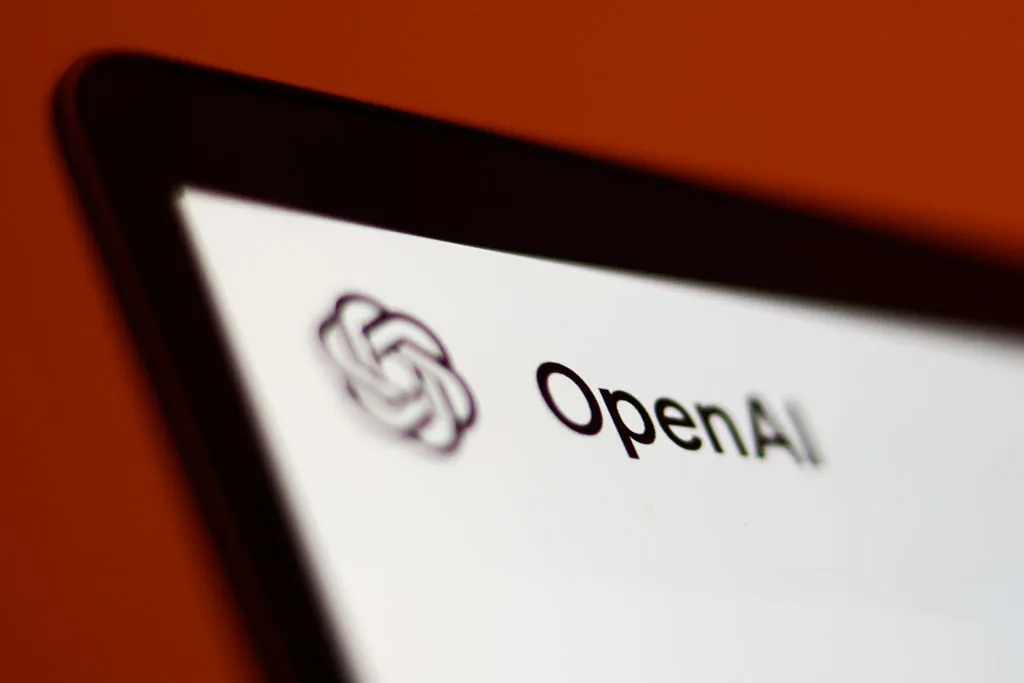OpenAI announced on Thursday that it’s starting to roll out a new memory feature in ChatGPT that allows the chatbot to tailor its answers to users based on the contents of their previous conversations.
The company says the feature, which appears in ChatGPT’s settings as “reference saved memories,” aims to make conversations with ChatGPT more relevant to users. The update will add conversational context to ChatGPT’s text, voice, and image-generation features, the company added.
The new memory feature will roll out first to ChatGPT Pro and Plus subscribers, except for those based in the U.K., EU, Iceland, Liechtenstein, Norway, and Switzerland. OpenAI says these regions require additional external reviews to comply with local regulations, but the company is committed to making its technology available there eventually.
OpenAI didn’t have news to share on a launch for free ChatGPT users. “We are focused on the rollout to paid tiers for now,” a spokesperson told TechCrunch.
The aim of the new memory feature is to make ChatGPT more fluid and personal — you won’t have to repeat information you’ve already shared with ChatGPT. In February, Google rolled out a similar memory feature in Gemini.
Not every user will be thrilled with the notion of OpenAI vacuuming up more of their info, of course. Fortunately, there’s an opt-out. In ChatGPT’s settings, users can choose to turn off the new memory feature, as well as manage specific saved memories.
OpenAI says you can also ask ChatGPT what it remembers, or switch to a Temporary Chat for conversations that won’t get stored.
Last year, OpenAI updated ChatGPT to forget or remember specific details upon request. However, that feature typically required explicit prompting from users to update ChatGPT’s memory. Today’s rollout makes the process more seamless, in theory.
OpenAI says that the new memory feature will be enabled by default for users who previously had ChatGPT’s memory capabilities turned on.

